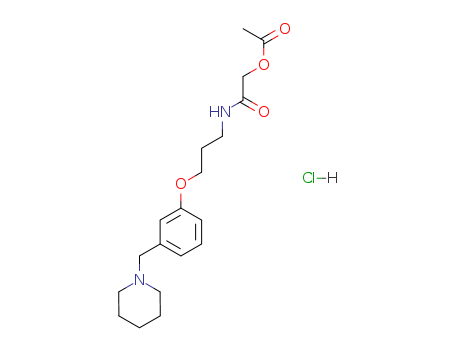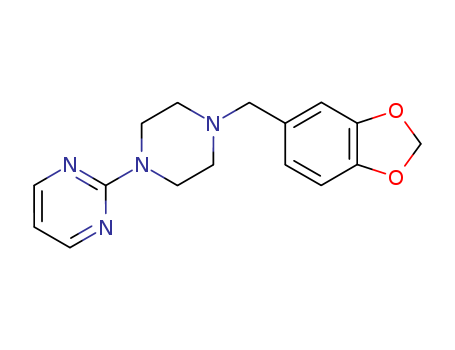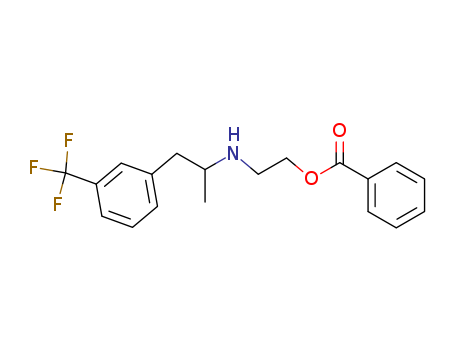- Product Details
Keywords
- Coenzyme Q10 buy
- Water-soluble Coenzymen Q10
- Cardiovascular diseases Coenzyme Q10
Quick Details
- ProName: Coenzyme Q10
- CasNo: 303-98-0
- Molecular Formula: C59H90O4
- Appearance: Light yellow
- Application: Coenzyme Q10 (CoQ 10) or ubiquinone is...
- PackAge: 25kg/dum
- Port: beijng
- ProductionCapacity: 600000 Metric Ton/Day
- Purity: 98%
- Storage: Store in a cool and dry place, keep aw...
- Transportation: by air or sea
- LimitNum: 25 Kilogram
Superiority
IndicationsandUsage CoenzymeQ10(CoQ10)orubiquinoneisessentiallyavitaminorvitamin-likesubstance.Disagreementsonnomenclaturenotwithstanding,vitaminsaredefi
Details
Indications and Usage
Coenzyme Q10 (CoQ 10) or ubiquinone is essentially a vitamin or vitamin-like substance. Disagreements on nomenclature notwithstanding, vitamins are defined as organic compounds essential in minute amounts for normal body function acting as coenzymes or precursors to coenzymes. They are present naturally in foods and sometimes are also synthesized in the body. CoQ10 likewise is found in small amounts in a wide variety of foods and is synthesized in all tissues. The biosynthesis of CoQ10 from the amino acid tyrosine is a multistage process requiring at least eight vitamins and several trace elements.
Coenzymes are cofactors upon which the comparatively large and complex enzymes absolutely depend for their function. Coenzyme Q10 is the coenzyme for at least three mitochondrial enzymes (complexes I, II and III) as well as enzymes in other parts of the cell. Mitochondrial enzymes of the oxidative phosphorylation pathway are essential for the production of the high-energy phosphate, adenosine triphosphate (ATP), upon which all cellular functions depend. The electron and proton transfer functions of the quinone ring are of fundamental importance to all life forms; ubiquinone in the mitochondria of animals, plastoquinone in the chloroplast of plants, and menaquinone in bacteria. The term "bioenergetics" has been used to describe the field of biochemistry looking specifically at cellular energy production. In the related field of free radical chemistry, CoQ10 has been studied in its reduced form (Fig. 1) as a potent antioxidant.
For adults 19 years and older: The recommended dose for CoQ10 supplementation is 30-200 mg daily. Soft gels tend to be better absorbed by the body than capsules or other preparations. CoQ10 is fat-soluble so should be taken with a meal containing fat for optimal absorption. Also, taking CoQ10 at night may help with the body's ability to use it.CoQ10 may be used as an oral mouth rinse for gum disease (periodontal). Rinse with 1 teaspoonful (5 mL), 1-2 times daily.
Coenzyme Q10 appears to be generally safe with no significant side effects, except occasional stomach upset. However, the safety of CoQ10 supplementation during pregnancy and breastfeeding is unknown and, therefore, should not be used during that time until more information is available.
Package
1kg/bag, 5kg/bag, 25kg/drum, double layers plastic bags inside.
Storage Situation
Stored in a cool and dry well-closed container. Keep away from moisture and strong light/heat.








